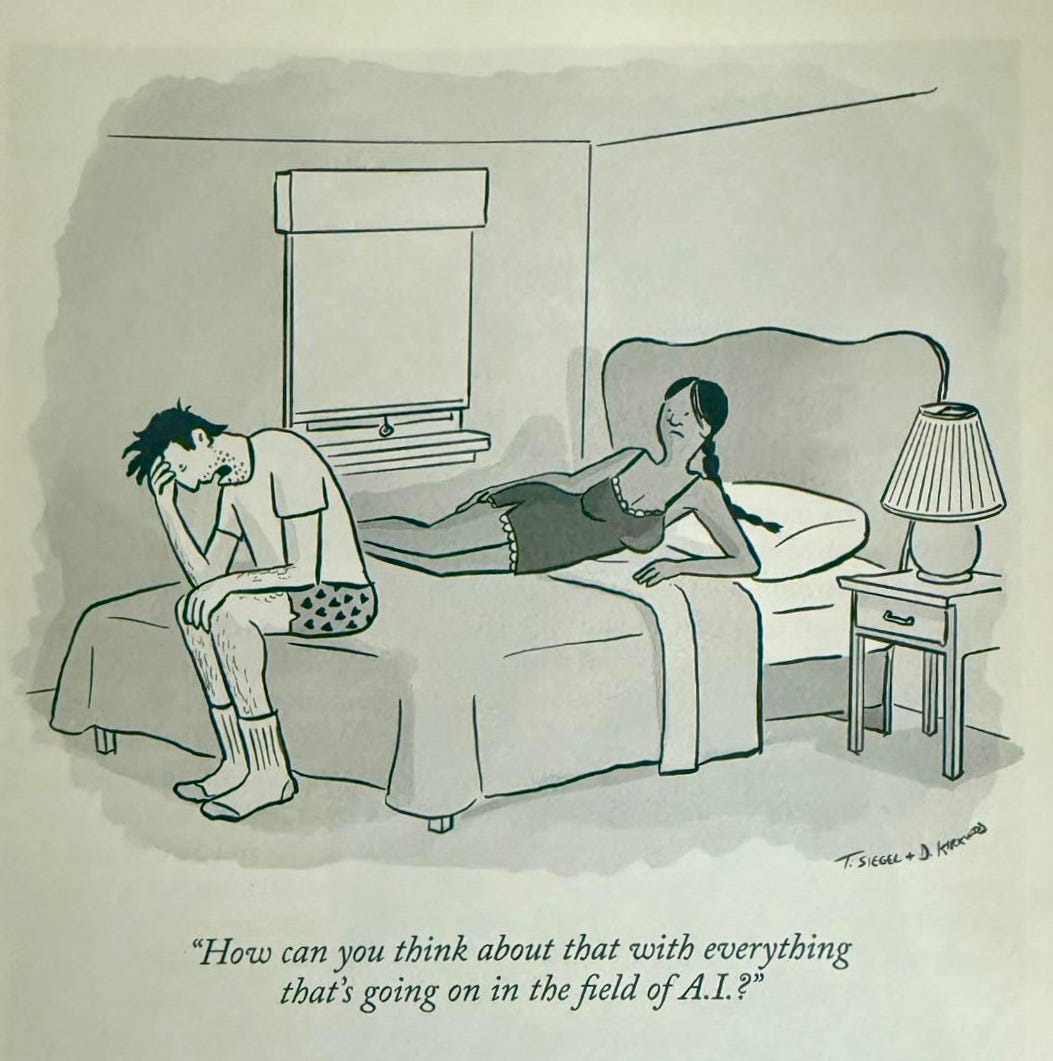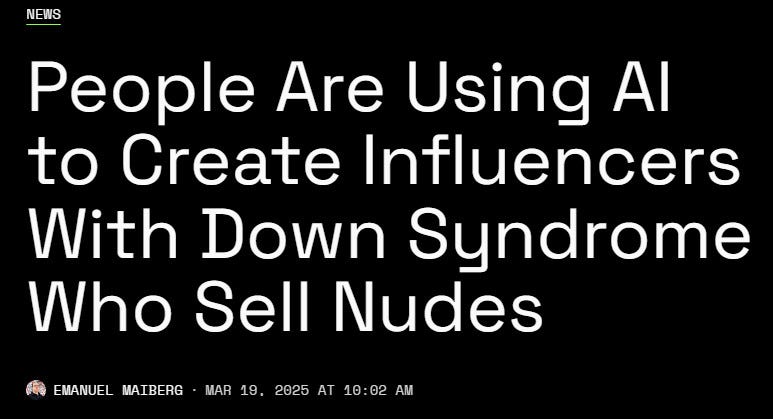#15 Dissemination of Critical Data: To Delay is to Win
When Controlling the Narrative Is Everything
Last Thursday, we learned (a year after the news) that Daniel Kahneman’s death was an assisted suicide: He informed his close friends a few days before.
I discovered Kahneman and his work only a few years ago, and I find him fascinating. He changed the world by showing how useless we are at perceiving it and how clueless we all are when making our most important decisions: it’s a Delulu world out there, no exceptions made.
One of his key findings was: how you evaluate an experience depends disproportionately on whether it ends well or badly.
He even has a TED talk on the subject, where he illustrates this with the example of patients comparing different… colonoscopies (people prefer the longer one if it ends with anesthesia). Watch it. Kahneman was wise, humble… and quite funny.
It’s very interesting that one of the greatest experts in cognitive processes and decision-making in history chose the time and manner of his death.
Even more so: his decision extended to controlling the dissemination of the news.
The next day, one of my favorite comedians, John Mulaney, revealed live (on Netflix) two things: (i) his wife Olivia Munn underwent a hysterectomy last year while battling aggressive cancer (Munn only made this public on Instagram much later). (ii) But she had previously frozen her eggs. They have just had a daughter. Needless to say, via surrogacy.
Luis Enrique’s terminally ill daughter also comes to mind.
What interests me in all three cases is the control over the narrative: managing and delaying the dissemination of your personal data gives you a unique level of control.
Especially when it comes to 100% personal decisions that are susceptible to immediate, inevitable, and often thoughtless judgment from others—or simply the gratuitous curiosity that any relatively well-known person has to endure.
This is ZERO PARTY DATA—the technology and law newsletter by Jorge García Herrero and Darío López Rincón.
In the free time this newsletter leaves us, we enjoy solving complex issues in personal data protection. If you have any, give us a little wave. Or contact us by email at jgh(at)jorgegarciaherrero.com.
Thank you for reading Zero Party Data! Sign up!
🗞️News from Data world🌍
.-Meta has been lobbying for a long time to shift the burden of user age verification onto app marketplaces, namely Google and Apple. They’ve succeeded in Utah. The affected parties are not happy.
.-The Dorito moment of the week was that Executive Order signed (and apparently handwritten) in the first person by our tireless supervillain Trump: Revoke all licenses and clients from that lawyer because HE accused and pursued ME. The legal text is off the charts, and a similar EO was, of course, previously declared unconstitutional. But it gives you an idea of the stratospheric level of narcissism of the Risketto.
.-Last week, Apple announced that the delay in its Apple Intelligence won’t be minor. This week, Microsoft accidentally wiped out Copilot with its Windows 11 update. Are the Gods out there trying to send a message?
.-A truly interesting analysis in this Verge presentation on the decline of traditional social networks (if we can even call things barely 20 years old traditional) in favor of decentralized structures and niche communities. Like this one: the privacy community.
📄Data-heavy documents for coffee-lovers☕️
.-The second edition of The EU General Data Protection Regulation: A Commentary by Christopher Kuner is partially available here, for free.
This paper is the ultimate comparative study on Legitimate Interest as a legal basis for training AI models.
.-The Dun ruling from the CJEU makes it crystal clear that the use of fully automated decision-making algorithms comes with an obligation to explain their functioning clearly and accessibly to affected individuals. What no one expected was this slap from Gabriela Zafir Fortuna right in the faces of the brilliant trio Sandra Wachter, Brent Mittelstadt, and Luciano Floridi over one of the most downloaded and influential papers from the early days of the GDPR.
As a die-hard fan of all four, I can only say that Mittelstadt and Wachter published two highly relevant papers last year: this one (Are AI models obligated to tell the truth?) and this other (How personalized advertising bypasses competition laws—and how to prevent it). Also, everyone is entitled to be wrong sometimes.
.-Federico Marengo summarizes the Norwegian Authority’s fine against Telenor: their DPO (i) did not report directly to the highest decision-making authority, and (ii) had multiple conflicts of interest (including, watch out: acting as the company's lawyer simultaneously).
.-The EDPB has released a statement on implementing the Passenger Name Record (PNR) Directive. Not for nothing, but following the CJEU’s C-817/19 ruling, which warned against blanket five-year data retention for all passengers or the classic issue of sufficient information in automated processing. This isn’t exactly our area of expertise, but DPOs handling these matters should take it seriously.
.-The ICO’s response to the public consultation on personal data processing in the context of generative AI.
.-Via Omer Tene, two hefty reads on US privacy laws:
The new edition of Privacy Law Casebook by Matthew Kugler
Communications Law and Policy: Cases and Materials by Jerry Kang and Adam Butler
.-The EDPB released a document yesterday on “the cooperation process for approving Binding Corporate Rules (BCR) for controllers and processors”. 16 pages that everyone can decide whether to read, but Iciar López-Vidriero highlights the key points.
.-If you want to legitimize biometric control via a collective agreement, don’t do what Mercadona did.
💀Death by Meme🤣
.- This paper examines whether human-generated memes are outperformed by AI-generated memes (or a human/AI combination).
The answer is mixed: "define outperform."
🤖Robots.txt or the AI staff
.- Denis O sets the record straight in this thought-provoking post on how wrong it is to talk about "reasoning" in AI models. The concept only applies in the strict Bayesian sense. That said, no model makes assumptions or inferences that exceed or differ from the patterns it detects in training data (they can identify patterns, but that’s it). Highly recommended.
.- Breaking news! The Spanish draft AI law that everyone has been sharing—often with 🔥🚨👀—could have been announced last week, although the text itself wasn’t easily accessible. We’re including it here because last week we forgot to attach the link to the full draft. AI draft laws are like a box of chocolates—you never know what you’re gonna get when it finally reaches the BOE (assuming anything inside isn’t already stale).
.- Never lose sight of the perfect sandbox that video games provide. They always push the boundaries where other industries hesitate. Copilot on Xbox to "assist" players?
.- Read to believe:
🧷 Useful tools 🔧
On Tuesday, a special newsletter was released in Spanish with tips on three AI models that no one has ever used or even heard of.
The English version will be sent out over the weekend (life ran us over on Tuesday).
🏠 Our Two Cents
.- Once again, we're here to promote our training: The GDPR hammer on AI, personally led by the bald guy, and a breakdown of the AI Act to make it digestible, courtesy of Sara Domingo. [More info here.]
Spanish only, sorry!
For inquiries and registrations, contact formación(at)jorgegarciaherrero.com.
Sara’s training allows for more attendees at once: while questions are, of course, welcome, it’s more explanatory.
But my part is more interactive, and spots are limited… If you're interested, reach out quickly—people are already signing up!
.- I was back on TV discussing how public figures don’t have the same level of personal data protection (including their image) when it comes to the very reason they are public in the first place…
🙄 Da-Ta Dum Bass
.- Watch out for the Furby theory. That damn Gremlin (the original creepy one from the late '90s) always knew when you were in REM sleep phase—just to wake up at the worst moment.
Thanks for reading Zero Party Data! Don’t miss next week’s edition!









